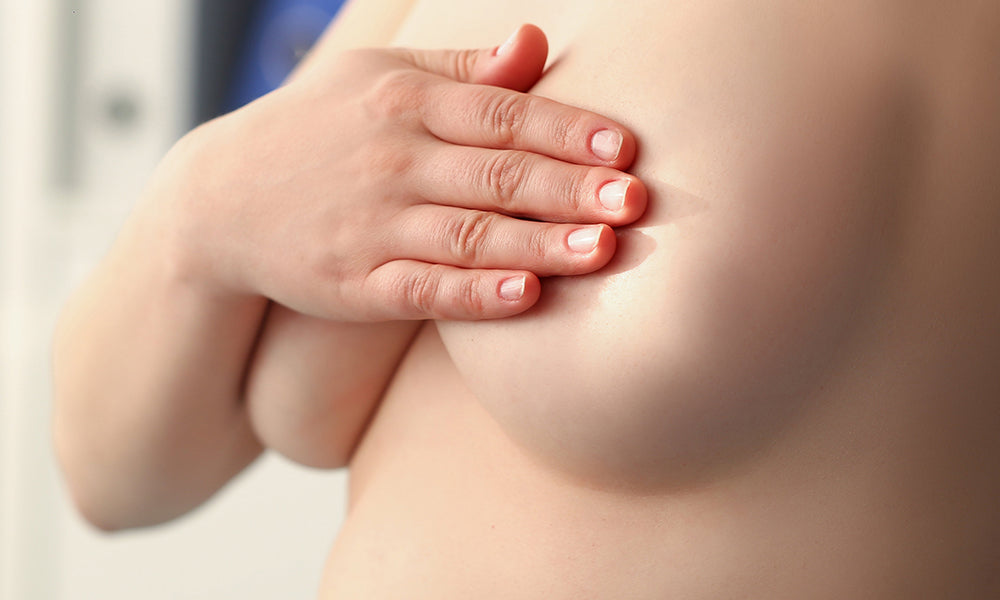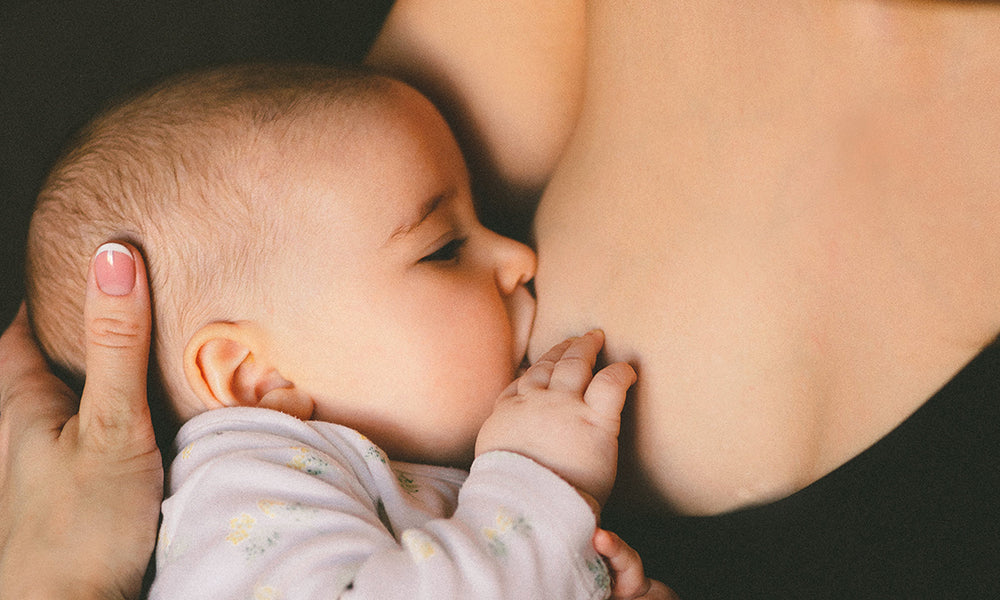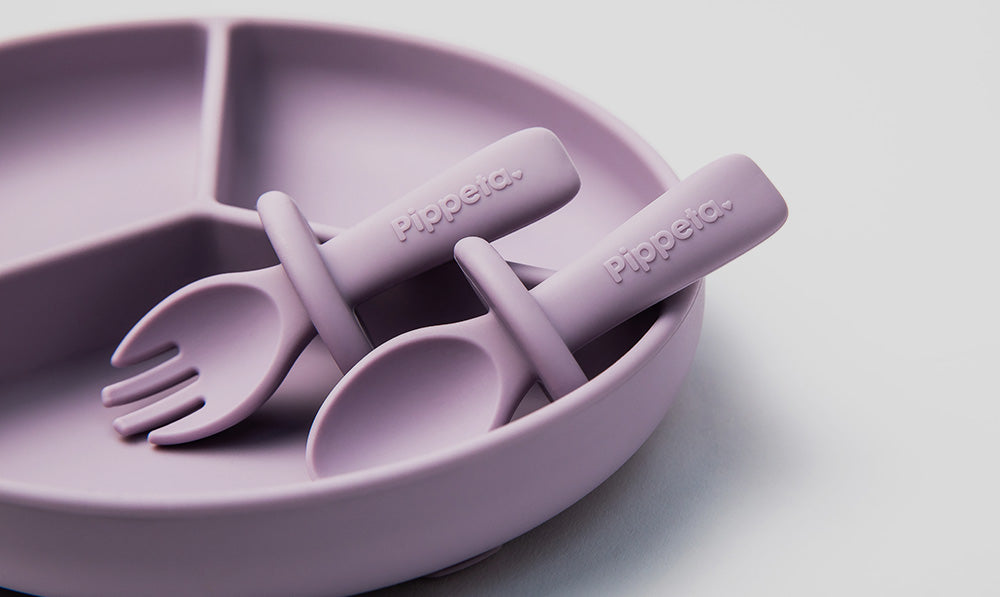
First of all, congratulations on your new bundle of joy! How exciting! Lets face it looking after yourself once your new one arrives is at the bottom of the list. That feeling that your body is going through a million new feelings, engorged breasts no doubt being one of them? Seriously, like the emotions aren't enough to deal with!
Whether breastfeeding is new to you or your a pro, at times you will experience engorged breasts, and trust us it’s not the most pleasant feeling in the world, but don't worry we have compiled all the information you need such as why does breast engorgement happen, and what methods you can do to relieve any pain and discomfort.
What is Breast Engorgement?
Sounds scary doesn't it? Breast Engorgement can occur when the breasts become overly full, this can be caused when breastfeeding or using a breast pump or when stopping your breastfeeding journey. Signs that you may be suffering from breast engorgement is they may become swollen, firm, and painful to touch.
In the early days after giving birth, the breasts produce a yellowy-coloured substance called colostrum. This "liquid gold" is very concentrated and packed of nutrients so your baby will only need a small amount at each feed to feel full.
In the first week after birth, its completely normal for your little one to feed quite often, this is because their stomachs are so tiny at this point and can only accommodate a small amount of milk. On a side note, why not read our blog on babies stomach size. (its super interesting)

As the days go by, your breast milk will start to come through transitioning in colour from yellow to white. This is your milk transitioning process. It is at this point that your breasts can start to feel like they’re becoming engorged. This tends to happen because your breasts begin to rapidly produce milk, but the newborn baby also needs to learn to up his/her supply. All completely normal.
Luckily, breast engorgement isn’t permanent and you can try different methods to help relieve the pain. So let us talk you through them.
Symptoms of Breast Engorgement - The key signs to look out for.
Swelling of the Breasts
You may notice that your breasts swell to a larger size, and seem swollen. Your areola and nipples will appear stretched and tight.
Tightness
Your breasts will feel like they are quite literally bursting with milk, you may feel a stretching sensation as they become fuller. It may be hard to get your baby to latch on as your nipples will be extremely stretched and your overall breasts will feel sore and tender.
Noticeable Increase in Breast Size
As your breasts fill with breast milk, you will notice a significant increase in their size.
Hard and Full
Your breasts can feel rock hard losing their natural softness, and there won't be much movement in them.
Throbbing or Aching Pain
This is the most common symptom of engorged breasts. You may feel a dull and continuous throbbing sensation on both of your breasts and they may feel as though they are aching.
Why Does Breast Engorgement Happen?
Breast engorgement occurs when there is an increase of fluid production in your breast region, this is more milk, fluid, blood flow , lymph fluid. Excess milk production can happen for many different reasons which we will explore below:
Oversupply of Milk
Oversupply is when your breasts are producing more breast milk than what the baby needs. This often happens within the first 4-6 weeks of breastfeeding. Your supply should usually settle down once your newborn establishes a regular feeding pattern. I always like to remind mums that your body produces on demand, so its really important not to pump and feed unless you are intending to increase your supply. Some women continue to produce an oversupply so that they can hand express milk and store it for later down the line when the baby begins weaning.
We have a variety of wonderful breast milk storage products available here.
Baby Latches Incorrectly
Another reason you may experience breast engorgement is if your baby isn’t latching on correctly. If the newborn doesn’t latch properly, then they will find it difficult to drink the milk that they need, thus leaving your breasts still full with the milk they should have drank. I would always recommended speaking to your midwife or health visitor for help and support with latching your little one on. It may be a case that your baby has tongue-tie, but this can be explored with your professional healthcare worker.
Clogged Milk Ducts
Blocked ducts will feel like small, knot-like, little lumps in your breasts. They are the result of a milk duct not draining of milk properly. They may feel sore and tender to touch. You can gently massage these and your breast tissue to encourage blood flow and expel any excess milk that may be blocked.
Mastitis
Mastitis is inflammation of the breast tissue that can sometimes involve an infection. Your breasts will very noticeably become hot, painful and inflamed. You may experience flu-like symptoms. Mastitis is very common in breastfeeding women and usually goes away on its own without the need for medical intervention.
For more about Mastitis visit the NHS website here.
Breast Infection
A breast infection is when the common bacteria finds a way into your body through the cracks around your nipples. Cracked nipples are very common in the early stages of breastfeeding as your nipples simply won't be used to the suckling of your newborn.
You can purchase breastfeeding creams to ease cracked nipples, or purchase our Pippeta Silver Nip Cups which act as a natural antiseptic and antibacterial aid, and will quite frankly become your new best friend.
How Can I Relieve Engorged Breasts?
Hand Express Milk
You can hand express a large amount of breast milk by massaging your breasts. Start with carefully massaging around your armpit area in a circular motion with your first two fingers. Slowly and gradually massage down towards your areola.
Keep repeating this until you start to see the breast milk flow out of your nipples. You can catch the milk in a baby feeding bottle, or a breastmilk storage bag to refrigerate or even freeze for future use.
Express Milk with a Breast Pump
If you don’t want to use your hand to relieve your engorged breasts you may want to invest in a breast pump. We have many different types of breast pumps available to purchase, ranging from traditional hand pumps to handsfree electric breast pumps. A breast pump does exactly what your hand would do, only it is quicker, and more accurate in expressing the breast milk into an appropriate storage container. They’re great for a quick and easy breast pumping session.

Cold Compress or Ice Packs
You can gently massage your breasts to increase blood flow, and then apply a cold compress or ice pack every hour for around 10-15 minutes as and when needed. This will relieve some of the pain you're experiencing.
Warm Shower or Warm Compress
Before breastfeeding, a warm shower or putting a warm wet towel over your breasts will help to encourage milk flow.
Over the Counter Painkillers
Ibuprofen and acetaminophen (paracetamol) can help relieve the pain of breast engorgement, along with the other methods we have suggested. Always read the label for correct dosage and contraindications.
Cabbage Leaves
A very unusual method, but it works! The cabbage leaf is large enough to cover your engorged breasts and they have a natural absorbing quality, helping to absorb fluid in the breast tissue and reduce the fullness in the breasts. Many breastfeeding mothers have reported seeing an improvement within 12 hours of using cabbage leaves.
Supportive Maternity Bra
Some breastfeeding mamas find that they need a well-fitting, supportive bra as it helps to give them the support they need and help reduce engorgement pain.
Help and Support for Breastfeeding
We hope that you have found some solutions to help you relieve engorged breasts in this article. If you’re still struggling with any aspect of breastfeeding then please don’t despair, there are so many ways that you can be supported:
- Lactation Consultant
- Healthcare Visitor or your Midwife
- Medical Advice from your GP
- NHS website and other relevant websites
You may find breastfeeding forums useful as you will be able to talk to other breastfeeding mothers, whether new to it or more experienced, and find emotional support and practical solutions to breastfeeding.
About Pippeta
We're a multi award-winning business, most recently earning a 'Made For Mums' award from Mumsnet for this hands free breast pump. We’re on a mission to empower breastfeeding mothers and support them in continuing their breastfeeding journey. We’re here to support and provide the best advice and breastfeeding products on the market. Along with this, we provide free shipping on orders over £50, a 1-year warranty on breast pumps, a 14-day free returns policy and we are rated excellent by our customers.















Leave a comment
This site is protected by hCaptcha and the hCaptcha Privacy Policy and Terms of Service apply.